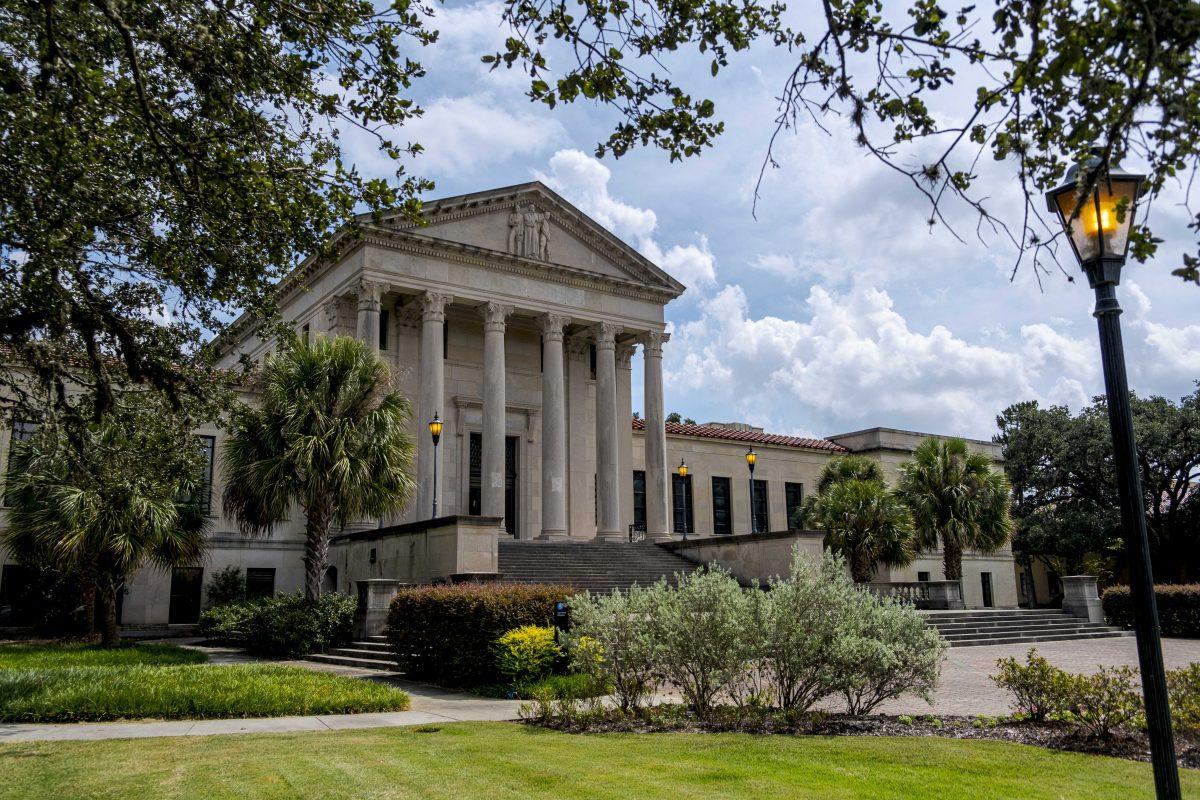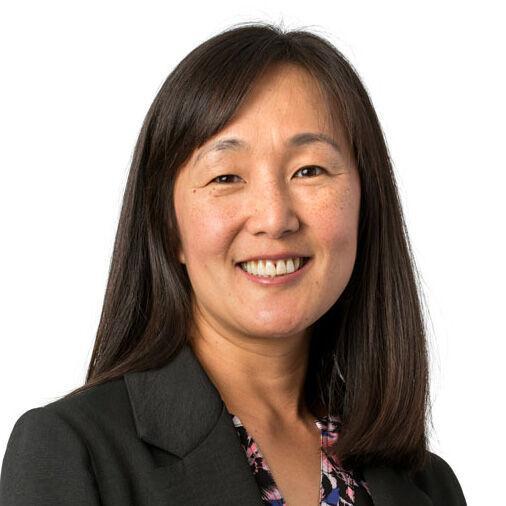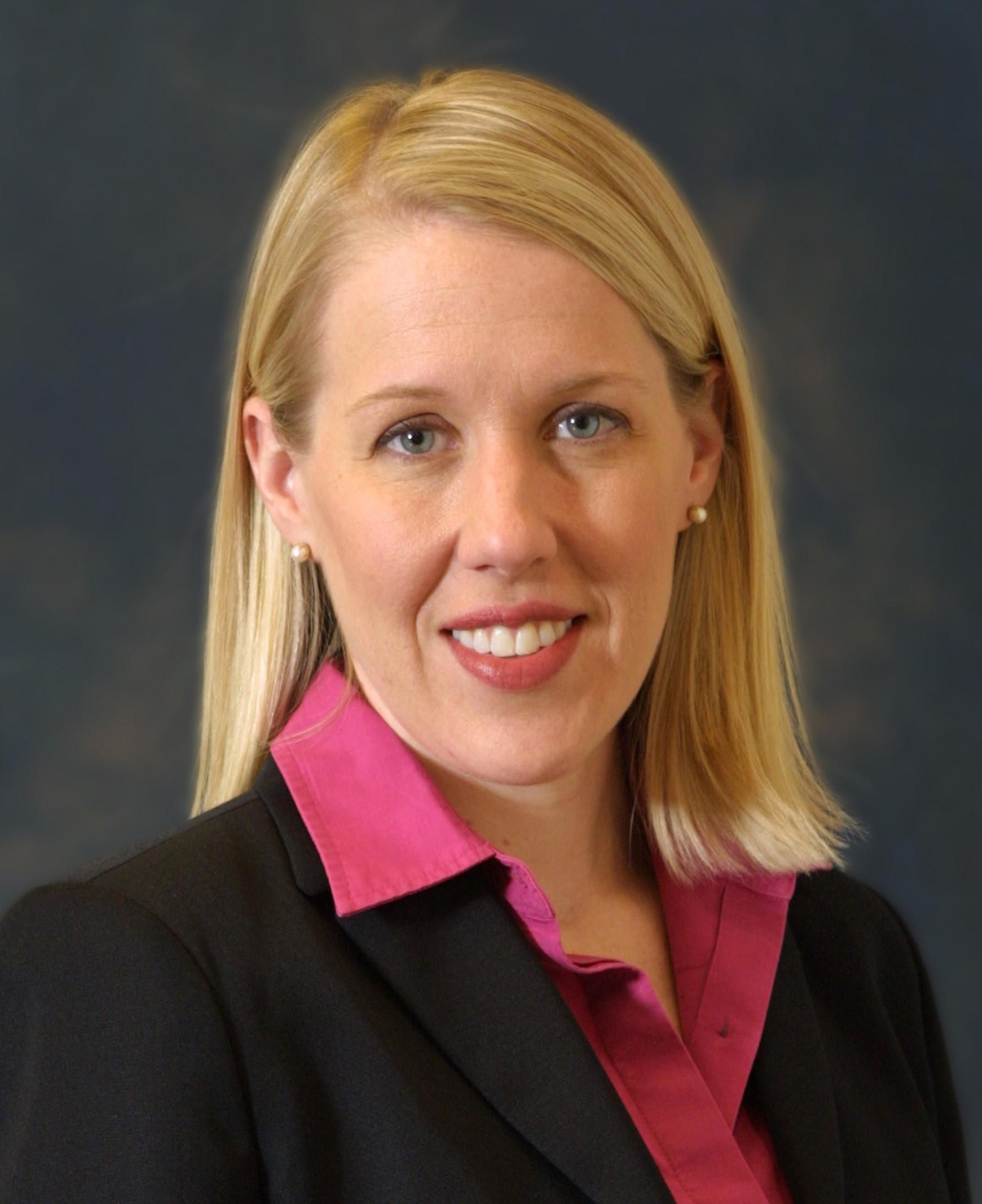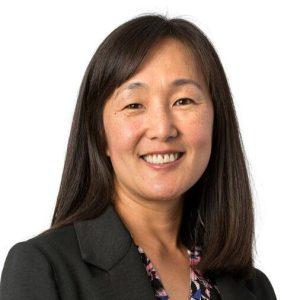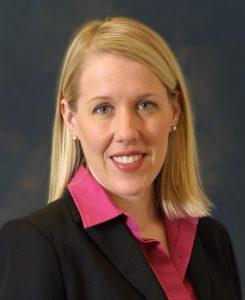LSU Law and Innocence Project New Orleans (IPNO) received a nearly $500,000 two-year grant from the U.S. Department of Justice to establish a Wrongful Conviction Clinic at LSU.
LSU students and experienced IPNO attorneys will work together to assess cases of incarcerated people with innocence claims associated with available DNA evidence.
Assistant Dean for Experiential Education Robert Lancaster said some of these cases include “false confessions, mistaken identification, faulty forensic evidence, prosecutorial/police misconduct, racial bias and other issues.”
LSU Law Interim Dean Lee A. Lockridge said the goal is to pinpoint cases that could benefit from additional DNA testing, and complete the testing once the case is identified. Lockridge said the Wrongful Conviction Clinic will be “a great opportunity for LSU Law students to gain real legal experience prior to graduation.”
“Our students will benefit immensely not only by working on incredibly meaningful criminal legal cases but also by gaining practical experience with complex evidentiary issues and by working side-by-side with experienced lawyers to learn essential skills and professional values that will serve them well in any area of practice after graduation,” Lockridge said.
Executive Director of IPNO Jee Park said that LSU Law was fitting for the Wrongful Conviction Clinic because of its already “robust clinical program,” Park also said IPNO is “thrilled” to be partnered with LSU.
“[LSU Law] provided IPNO with an opportunity to teach future leaders of the legal profession in Louisiana the value of serving the poor through pro bono work, particularly imprisoned men and women who have no one to turn to, regardless of their field of practice,” Parker said.
Park said through the clinic, LSU Law students will “learn how to become effective advocates for justice and equity, and free wrongfully convicted, innocent prisoners.”
“Wrongful conviction cases make us take a closer look at the history of our criminal legal system, policing practices and norms, how prosecutors exercise their discretion and power, how public defense is funded and why we too often fail to administer justice in a fair, unbiased manner,” Park said.
Second-year law student Richala Jackson said the Wrongful Conviction Clinic is a great addition to LSU Law.
“I’m really excited to hopefully apply to be on the clinic,” Jackson said. “I think it’s a great way for LSU to give back to the community. We already have a lot of different programs here already that do that like the Parole Clinic, Immigration Clinic and things like that. I think it’s a great addition to the law school and I’m really excited about it.”
Wrongful Conviction Clinic coming to LSU Law Center
By Poet Wolfe
November 8, 2020
The LSU Law Center operates during normal business hours on Wednesday, Sept. 18, 2019, on Highland Rd.



